These are the two definitions that appear when you google femininity def, and then masculinity def. To put them simply they both can be broken down into how society thinks you should be based on social expectations on your gender.
Femininity – qualities or attributes regarded as characteristic of women or girls.
Femininity – Much like masculinity, not just a woman can be feminine and in fact appearance, dress sense and attitude. Through different eras woman we considered to be weaker and strength would be an exercise of masculinity, where as in a more modern day people are more open to exploring and being comfortable enough within themselves to experiment with ideas like femininity and masculinity.
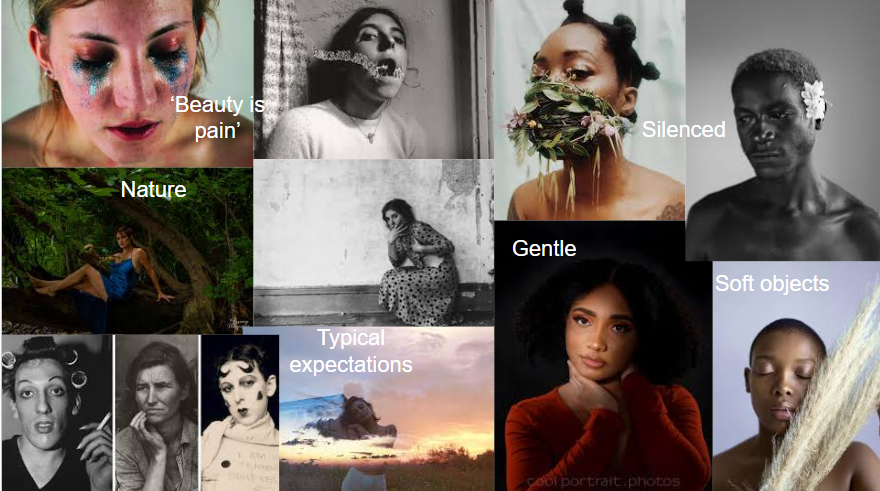
Masculinity – social expectations of being a man
Masculinity has many different definitions some consider it to be biological men who work blue collar jobs where as others would consider it to be the actions of others or a dress sense. The definition is ever changing likewise with femininity, it is something that can be influenced with many different things like there, for example what we as a modern day society consider to be masculine would differ from what was considered to be masculine. Things as material objects can be considered masculine, however people can also be considered masculine, from a man being typically masculine to a woman being masculine with ether their actions or appearance.
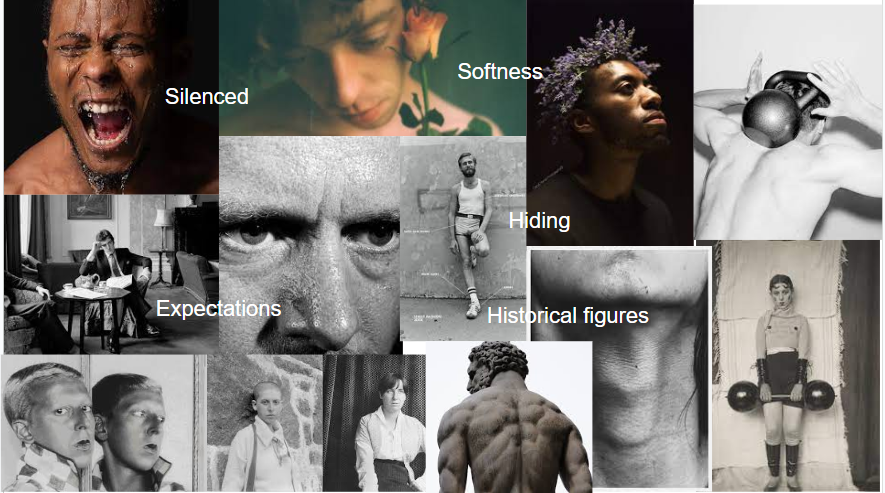
Identity Politics
Identity politics is politics based on a particular identity, such as race, nationality, religion, gender, sexual orientation, social background, caste, and social class.
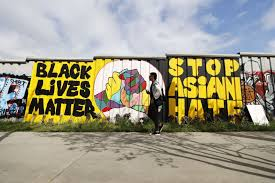
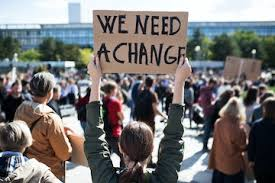
Identity politics emerged out of the 1960s Black Civil Rights Movement, second wave feminism and gay and lesbian liberation. It was confrontational and asked questions about the kind of art that should be made and for whom in a post-colonial world where the history of art was being re-written to encompass a broader, less western-dominated perspective.
Identity politics are important when it comes to the idea of masculinity and femininity, being feminine or masculine or a mix can be a definition of a person and is something very personal to their individual personalities and lives. We are defined by our appearance as much as the idea ‘don’t judge a book by it’s cover’ but in reality we always do to an extent. However our appearance while being something so personal to ourselves, it doesn’t always become our identity sometimes it is just practicality and life gets in the way of expressing identity. The idea behind identity politics is to allow for people to express themselves and be allowed to be whoever they are or not, but no to be stopped by anyone else’s ideas or expectations.
Local Identity Politics
Jerriais is the local language which is quickly dying out however there is a local organisation that is working constantly to improve the awareness and learning of this large piece of Jersey’s history. The government is also working hard to increase the knowledge about the language. This is essential part of Jersey’s history as it actually began dying out because it was considered the farmers language and it was enforced only English was spoken as a language in schools to attempt to squash Jerriais and increase the use of English as the rest of the world was increasing the use of it as a main language. To help enforce this the government has implemented schemes like adding Jerriais into daily life and it can bee seen all around us, on buses and market signs and many other things. It has even become the name of a local clothing brand which will only increase the knowledge of the language.
- Even in English, people in Jersey use some Jèrriais words like côtil, brancage, bachîn and vraic.
- Lots of Jersey’s history has only been written down in Jèrriais – not in French or English.


On the bus the parishes are written in Jerriais on the side.
Influences on identity
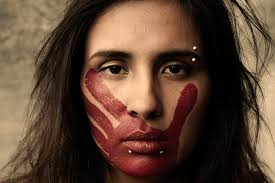
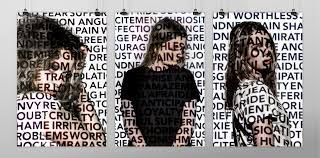
Identity can be influenced by many things, the main ones being place, age, social status and generation. Within a place there are many different things that can change peoples perception on identity of themselves and others, for a large amount of people in Religious countries, their religion is incredibly important to them and therefore also makes up a large part of their identity. Things like personality are not always considered to be identity as its not somethings that makes you and it’s not always a constant. Culture and race are huge factors when it comes to identity as that is no something that can be changed and is a part of daily life, this is particularly present in simpatía communities, in which everyone has a different identity but it doesn’t mean they don’t have some similarities in their identity. Age is another large aspect of identity as it again relates to social expectations and standings, as while a child is expected to have a simple all loving view on the world without any worries, an adult has to fit their identify to the social expectations of having a good job, good social life etc etc, this is where identity can be forced and ‘edited’ slightly to fit to the rest of the worlds expectations on who you are and what you should be. As people we categorically and chemically want to be liked, as such this can be such a pressure on peoples shoulders they alter their identity to fit within the people around them, leading to shame about who they really are. As a community world wide we need to improve just how we seem to want people to change their identity to fit within out niche community rather than celebrate other people and things within them that actually we could appreciate not make them feel like they don’t fit in. Generational change is something that happens over the years and massively effects peoples identity, for example the 50’s had very different expectations of women than we do now, which is great as the world has become a more equal place with different people and we are more accepting of differences and instead we look to be a world in which peoples identity is individual to themselves and free from others views and inputs that could cause people to act as one they are not.
Culture Wars
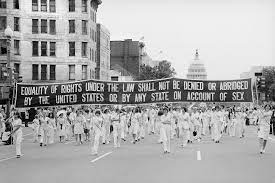
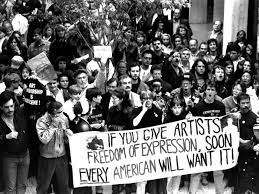
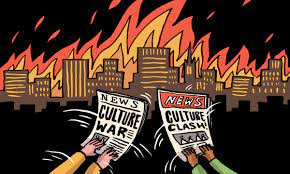
‘In political science, a culture war is a type of cultural conflict between different social groups who struggle to politically impose their own ideology (beliefs, virtues, practices) upon their society.‘
In more recent society movements like Black Lives Matter has become prominent and important to achieve equality in the world we live in. It can be described as a culture war as it is essentially a battle between races to just simply accept one another as equal human beings.
Binary Opposites
A pair of related terms or concepts that are opposite in meaning, two theoretical opposites are strictly defined and set off against one another.


It can be a great way to experiment with masculinity and femininity as within themselves can be binary opposites or merge the lines between the two.
Examples of binary opposites are:
-good vs evil
-black vs white
-man vs woman
-young vs old
-people vs nature
-empowered vs victim
